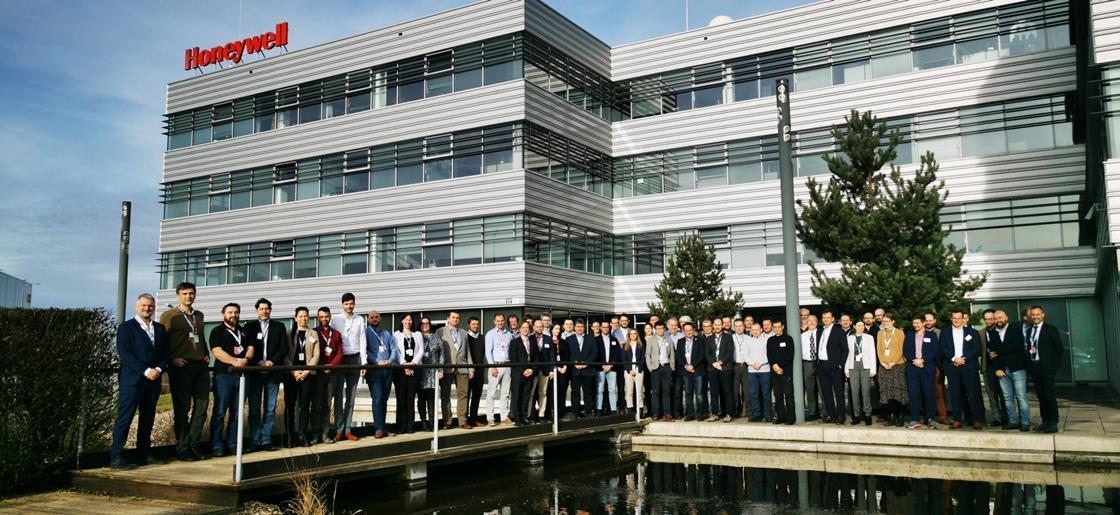Honeywell-Led Project Advances 1MW Fuel Cell Powertrain for Aviation Innovation
Key Ideas
- The NEWBORN project, led by Honeywell in Brno, Czech Republic, is progressing towards ground tests of a 1MW-class fuel cell powertrain for aviation.
- Funded partly by the EU's Clean Aviation unit, the project aims to introduce aviation-grade fuel cells to the market by 2030 for light aircraft and by 2035 for larger regional aircraft.
- The consortium plans to test a 300kW fuel cell stack in 2025, with the goal of conducting ground tests of the complete 1MW powertrain by June 2026, including hydrogen storage and thermal management.
- Future ambitions include optimizing the system for flight testing and integration onto an aircraft, with potential funding opportunities under Clean Aviation's second phase to support this development.
The NEWBORN project overseen by Honeywell in Brno, Czech Republic is making significant progress in the development of a 1MW-class fuel cell powertrain for the aviation industry. With funding from the EU's Clean Aviation unit, the €44 million project is focused on bringing aviation-grade fuel cells to market by 2030 for light aircraft and by 2035 for larger regional aircraft. Key enabling technologies are being refined to support this goal, with a 300kW fuel cell stack set for testing in 2025, leading up to ground tests of the full 1MW powertrain by June 2026. Honeywell and its consortium members are working diligently on aspects like cryogenic hydrogen storage, fuel cells, thermal management, and control systems. The project also eyes flight testing and aircraft integration, with potential funding avenues in the future to further advance this innovative technology. The NEWBORN project signifies a positive step towards decarbonizing the aviation industry and fostering zero-emission flight initiatives, showcasing a commitment to technological advancement and sustainability.
